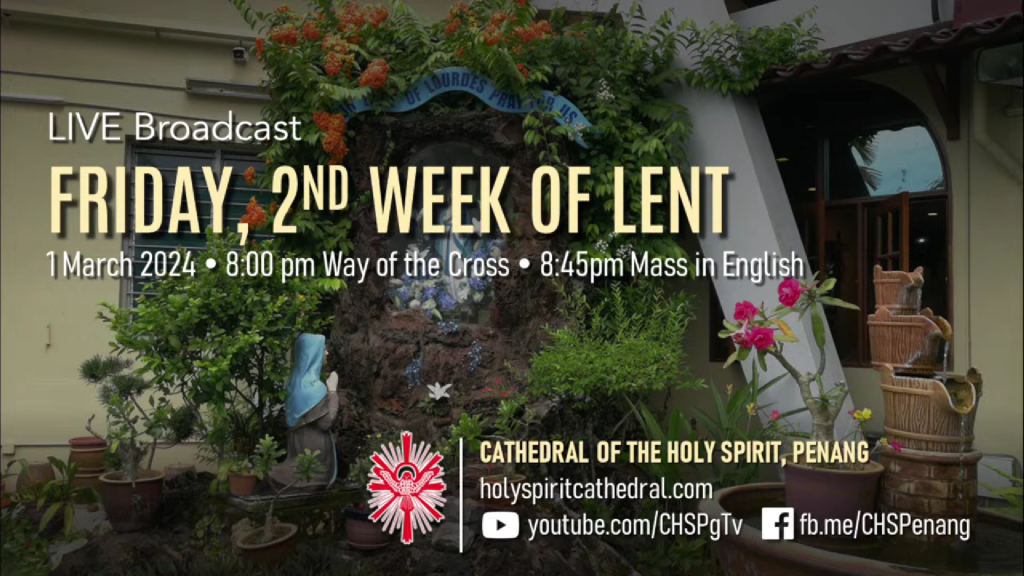by Fr Fabian Dicom

Genesis 37:3-4,12-13,17-28
Psalm 104:16-21
Matthew 21:33-43,45-46
So in the First Reading, in Genesis, we see the story of Joseph, the favoured son who is despised by all his brothers out of jealousy. So they planned, they conspired to kill him but eventually sell him into slavery. Now this parable illustrates the destructive power of envy and jealousy and sibling rivalry leading to a profound betrayal within a family.
Similarly in Matthew, Jesus tells the parable of the vineyard owner who sends servants to collect produce from his tenants, only for them to mistreat and kill the servants and eventually even his son. Here the tenants he is referring to are the leaders, are Israelites themselves. And the servants that he had been sending were the prophets, where from the Old Testament they have been condemning and killing the prophets because the prophets disturbed them with the truth. And eventually the son, He is referring to himself.
This parable reveals the rejection and ultimate betrayal of Jesus by the religious leaders of His time.
So my dear brothers and sisters, the common thread in these Readings lies in the theme of rejection and betrayal, both on a personal level and on a social level. They speak to the human tendency to reject what we perceive as different or threatening to us, whether it is, in this case the brothers’ success, or in Jesus the messenger of truth, challenging the status quo, challenging all the lies, everything that is false.
The theological significance of these narratives is profound.
In Joseph’s story, we find echoes of the suffering servant motif, where despite being wronged, we know the story of Joseph who ends up in Egypt and becomes quite an influential person, eventually he rises to the position of power and forgives his brothers who come there, foreshadowing Christ’s redemptive work on the Cross.
Likewise in Jesus’ parable, we see the rejection of the son, which ultimately leads to His crucifixion but also to the salvation of humanity. So this rejection becomes the cornerstone of Christian theology. It becomes a cornerstone of the church today, highlighting the sacrificial love of God and the invitation to reconciliation and redemption.
In the social dimension, these Readings call us to examine our own attitudes towards others.
Are we prone to jealousy and envy leading us to reject those who are different and more insightful than us?
Do we recognise the messengers of truth in our midst, no matter who they are?
Or do we like the religious leaders in Jesus’ time reject them out of fear or out of our own self-interest?
So as we journey through Lent, these Readings challenge us to reflect on our relationships with others, with one another and with God. They invite us to embrace reconciliation and forgiveness following the examples of Joseph and ultimately our Lord Jesus Christ.
So my dear brothers and sisters, let us strive to build communities of love and acceptance rooted in the transformative power of God’s grace that we pray for during this Mass.
Click below to listen to homily and watch video:-
Click to live-stream Mass on 01 March 2024